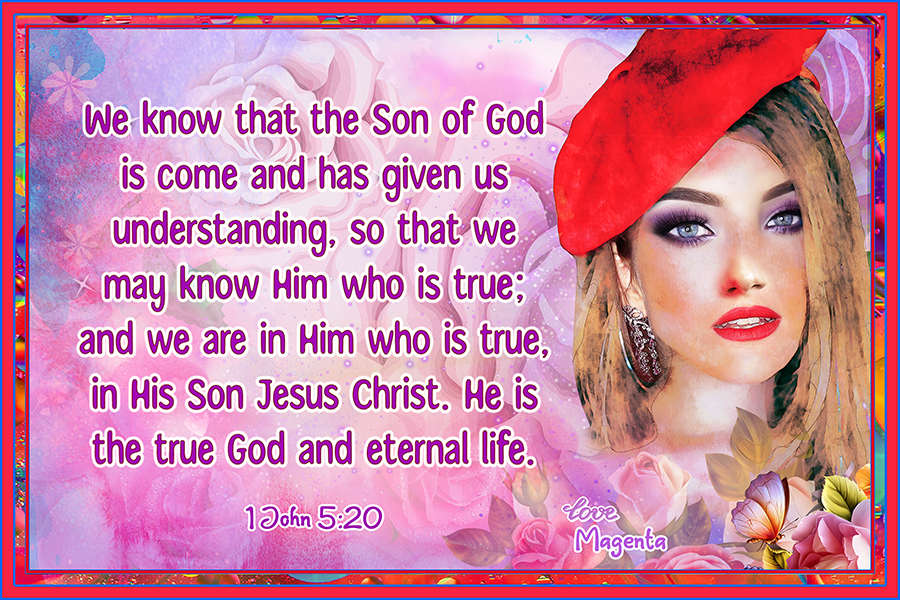In the Scriptures certain words derived from
theos (god) appear and relate to that which is divine. The related words are theios, theiotes, and theotes, and occur at Acts 17:29, Romans 1:20, and Colossians 2:9.
At Acts 17:29, Paul, when in Athens, showed that it was illogical for humans to imagine that “the Divine Being [
to theion, which is a form of theios] is like gold or silver or stone.” Many translators here use terms such as “the Godhead,” “the Deity,” or “the divinity” (
AV, AS, Dy, ED, JB, RS), However E. J. Goodspeed’s translation says, “the divine nature.” (
AT)
Liddell and Scott's Greek-English Lexicon (p. 628) shows that the phrase
to theiʹon was used by ancient Greek writers to mean “the divine Being or Essence, the Deity.” According to ancient Greek usage, then, this word can be translated by words indicating divine
personality or by terms indicating divine
qualities or
attributes, and this is true of the other words like (
theiotes and theotes) mentioned earlier. Obviously, then, the context and sense of what is stated must guide the translator in his choice of words.
At Romans 1:20 the apostle refers to the undeniable visible evidence of God’s “invisible qualities,” in particular his “eternal power and Godship [
theiotes].” Other translations read “Godhead,” “deity,” or “divinity,” while Goodspeed’s translation says “divine character.” Vincent’s
Word Studies in the New Testament (Vol. III, p. 16), in commenting on this text, states “[
Theiotes] is
godhood, not
godhead. It signifies the sum-total of the divine attributes.”
Then, at Colossians 2:9 the apostle Paul says of Christ: “It is in him that all the fullness of the divine quality [form of
theotes] dwells bodily.” Here, again, some translators lean toward attributing personality to the word theotes, rendering it as “Godhead” or “Deity.” E. J. Goodspeed’s translation, however, says, “It is in him that all the fulness of
God’s nature lives embodied.” (see
Weymouth) Lexicographers Liddell and Scott also allow for the meaning of “divine nature” here, and
Robinson's Greek and English Lexicon of the New Testament (p. 334) gives as one meaning of the word “the divine nature and perfections,” referring to Colossians 2:9 as an example.
Kroogz said
Hebrews 1:8
But of the Son he says, “Your throne, O God, is forever and ever, the scepter of uprightness is the scepter of your kingdom.
First, note the context. In many translations, either in the main text or in the margin, Hebrew 1:9 reads, “God, your God, anointed you.” This makes it clear that the one addressed in verse 8 is not God, but one who worships God and is anointed by him.
Secondly, it should be noted that Hebrews 1:8, 9 is a quotation from Psalm 45:6, 7, which originally was addressed to a human king of Israel. Surely the writer of this psalm did not think that this human king was Almighty God and neither did the writer of Hebrews think that Jesus was Almighty God. Commenting on this, scholar B. F. Westcott said: “It is scarcely possible that אלוהים [‘Elo·himʹ, “God”] in the original can be addressed to the king. . . . Thus on the whole it seems best to adopt in the first clause the rendering: God is Thy throne(or, Thy throne is God) that is ‘Thy kingdom is founded upon God.’”
1


